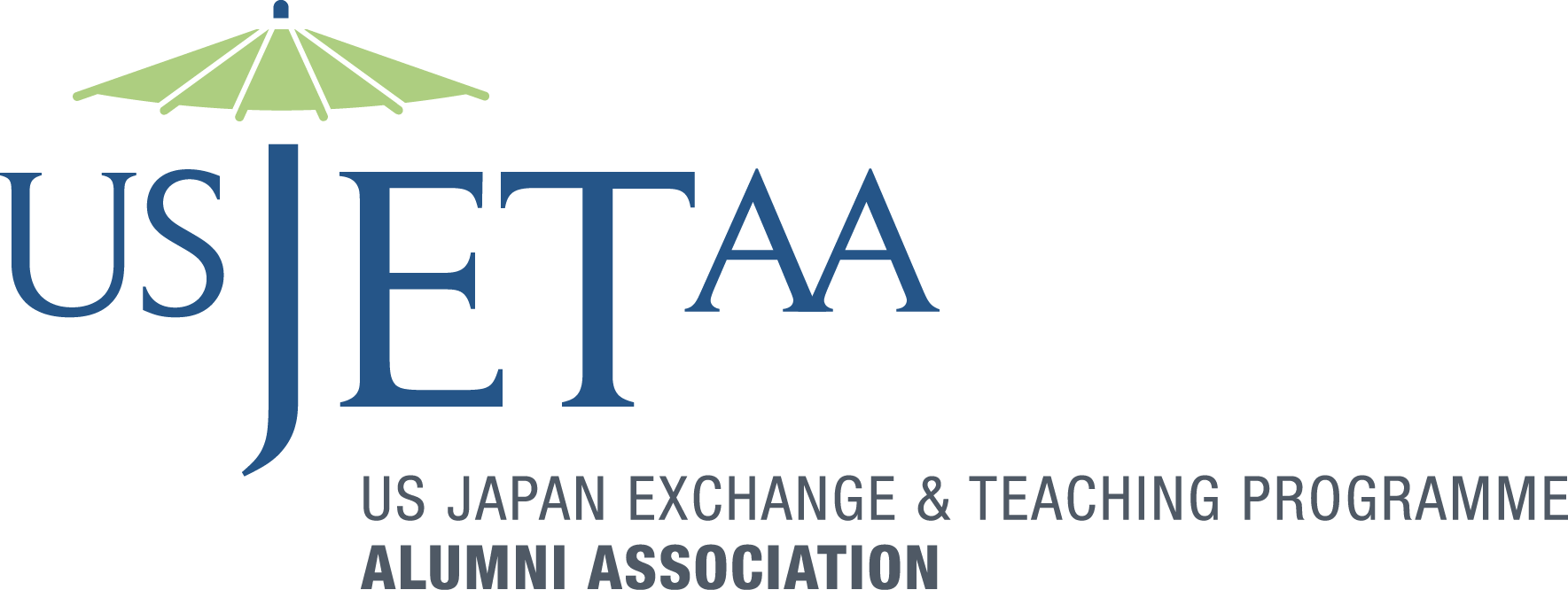As a Japan Exchange & Teaching Program Assistant Language Teacher (JET ALT) who taught at Kujukuri Junior High School, I spent the first two years of my career as a cultural ambassador in a rural Japanese community. My passion for international communication led me to my subsequent career at Showa Boston Institute, the study abroad campus of Showa Women’s University. There, I work to connect its Japanese student body to Boston-Area college students through extracurricular programming. After all, merely sharing a space or encouraging students to go out and engage with the community doesn’t work for most of our population, nor is it an effective method on other college campuses.
As with classroom education, no one single intercultural learning method works for all students, and I have therefore found it helpful to segment students’ intercultural needs into two broad frameworks. The first of these frameworks is where coordinators like myself create and manage programs in which participants of different backgrounds work together to complete an assigned goal. I lead such an initiative at Showa called the College Connection Program (CCP), where, in partnership with neighboring colleges and universities, I match approximately 100 Showa students in small groups with 35 Boston-Area college students. Students who enter into this program are aware that they must exit their comfort zones to succeed.
The alternative approach challenges students to identify their study abroad goals, rather than accomplishing the pre-defined goals of programs such as CCP. The coordinator runs workshops on intercultural communication and provides event and outside-organization resources, which may include meetups, adult education classes, international organizations, and language exchanges.
When I started my role at Showa, I made the assumption that introverted students would prefer a curated program like CCP, and extraverted students would prefer to forge their study abroad adventure. Contrary to expectations, many of our more reserved students grow more outgoing once separated from their community to pursue their own goals. Likewise, just because a student is extraverted and friendly doesn’t mean that a curated program isn’t for them.
Regardless of which framework is used, a coordinator must never lose sight of each student’s unique and evolving needs. Until recently, CCP Showa students were matched in groups with one Boston-Area student and built a semester-long relationship with them. Through asking the right questions, we learned that a segment of our students want to meet more people. In response, we have begun encouraging intergroup collaborations.
Each JET Program participant learns how meaningful out-of-class interactions are. Classes and orientations give students the tools they need to engage, and intercultural coordinators provide platforms for international students to use those skills. For some students, a classroom is a safe space to receive honest feedback from instructors and peers. For others, it’s a place of judgment, and students are more successful utilizing the lessons outside of the classroom. As more alumni of exchange programs enter careers in international education, the value to students studying abroad will continue to increase.
Daniel Lowe is a Boston-Based Japan Exchange & Teaching (JET) Program alumnus who taught English in Kujukuri, Chiba prefecture from 2011-2013. He earned his MBA from Babson College, manages intercultural programming for Japanese students at Showa Boston Institute, and has represented the JET Program alumni community on the regional, national, and international levels.This article is part of a guest-contributor partnership between the East-West Center in Washington and the United States Japan Exchange & Teaching Programme Alumni Association (USJETAA) in which former JET participants contribute articles relating to their experiences in Japan.
The USJETAA is a 501(c)(3) nonprofit educational and cultural organization that promotes grassroots friendship and understanding between the United States and Japan through the personal and professional experiences of over 30,000 Americans who have participated on the JET Programme since its inception in 1987. USJETAA serves as a resource for individual JET alumni, JETAA chapters nationwide, and potential JET participants; supports the leadership of JETAA chapters with programming, membership recruitment, chapter management, leadership, professional development, and fundraising; and, supports the JET Program(me) and engages with the U.S.-Japan community.
